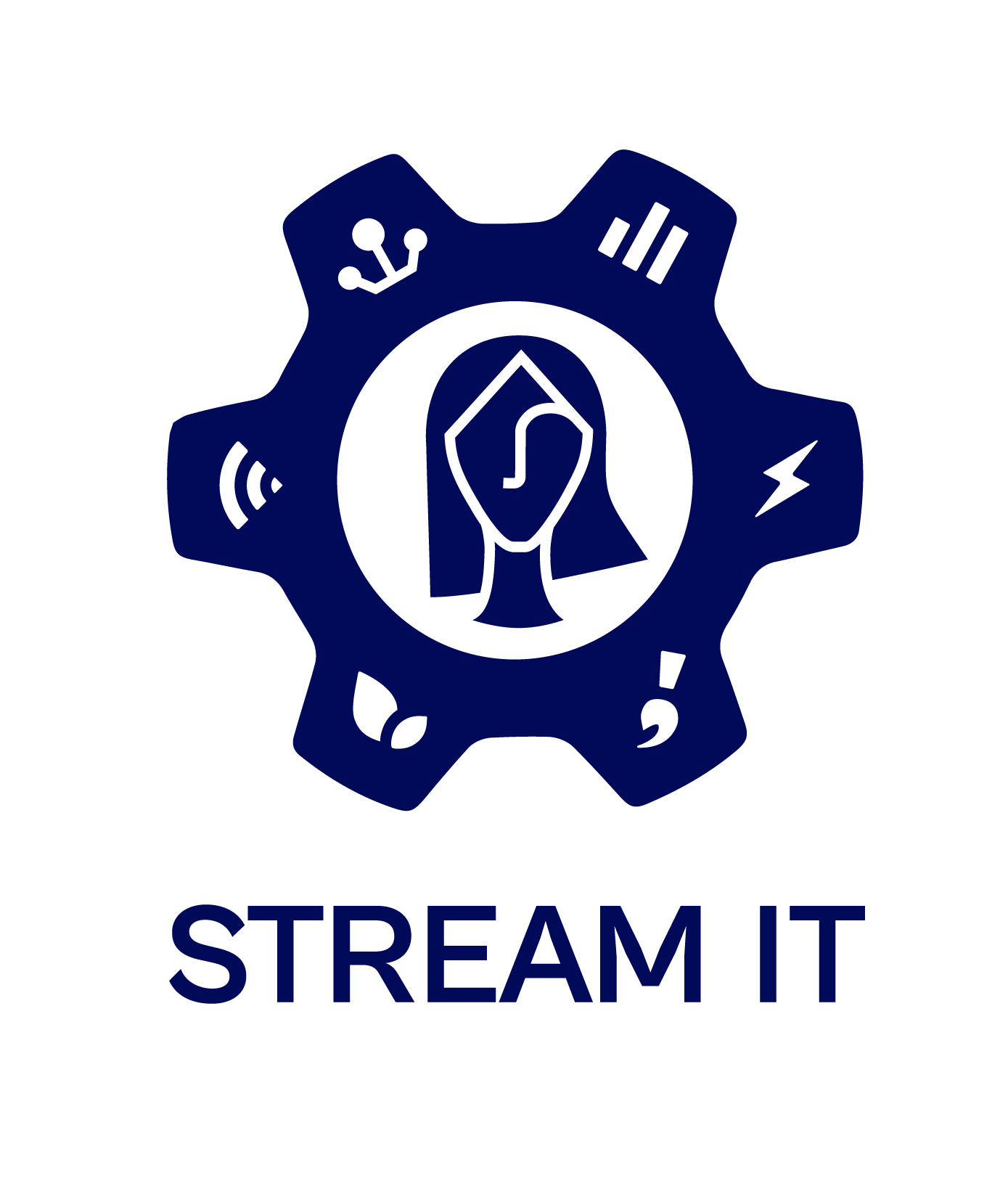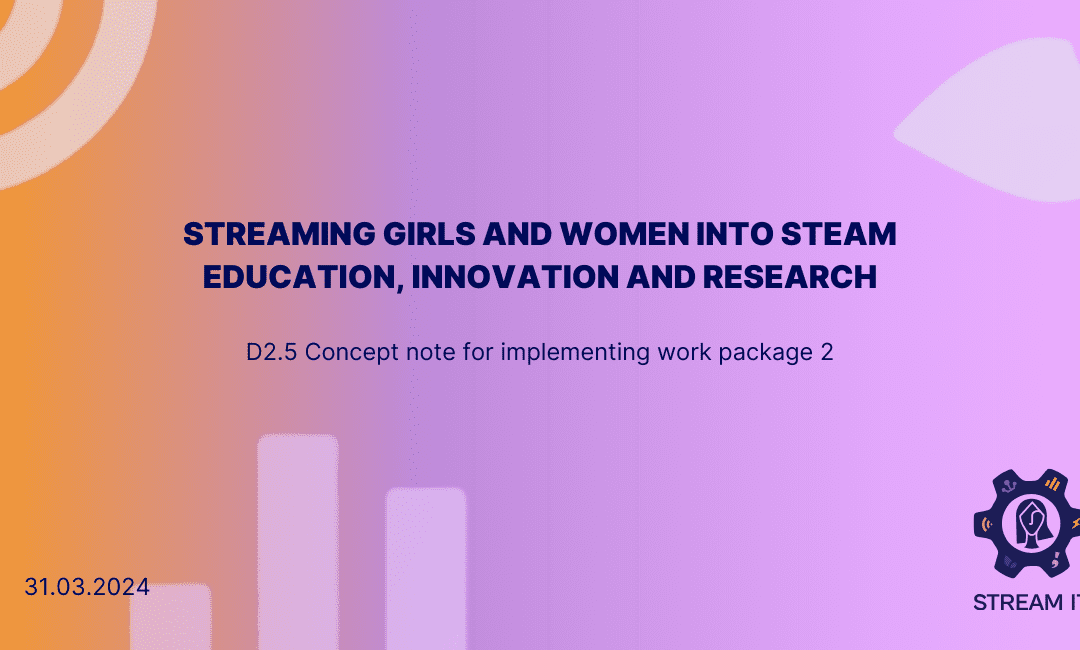Work Package 2 specifically aims to create a Capitalisation strategy and Needs-based Methodology for the project, coordinating actions among various stakeholders by gathering empirical data on the existing opportunities and challenges young women encounter when pursuing STEAM studies and activities. This initiative seeks to tackle the structural characteristics of these male-dominated disciplines. It is essential to establish a systematic and current overview of the latest scientific findings on this topic while also familiarising ourselves with projects that have previously addressed similar issues in academia. This understanding will enable us to accurately assess the needs of stakeholders in these fields and develop effective and relevant tools.
Our report D2.5 elaborates on the following Tasks:

To investigate existing scientific and practical knowledge, consortium members will employ social science methods. During the data collection phase, we will use both quantitative and qualitative approaches: desk research on previous STEAM-related projects and initiatives, along with a literature review, will provide a quantitative foundation. However, the majority of methods applied will be qualitative. This means that the expert and semi-structured interviews we conduct won’t yield statistically generalisable data, but they will help us gain insights into stakeholders’ experiences and perspectives regarding their own and women’s efforts to navigate a male-dominated field. For this multifaceted and intricate research endeavor to succeed and produce comparable data, we require standardised sampling procedures and effective data collection methods. The forthcoming “Concept note and detailed methodology” will serve as a foundation and starting point for this collective set of methods and tools, as well as clarify the research objectives pursued by the four tasks.

